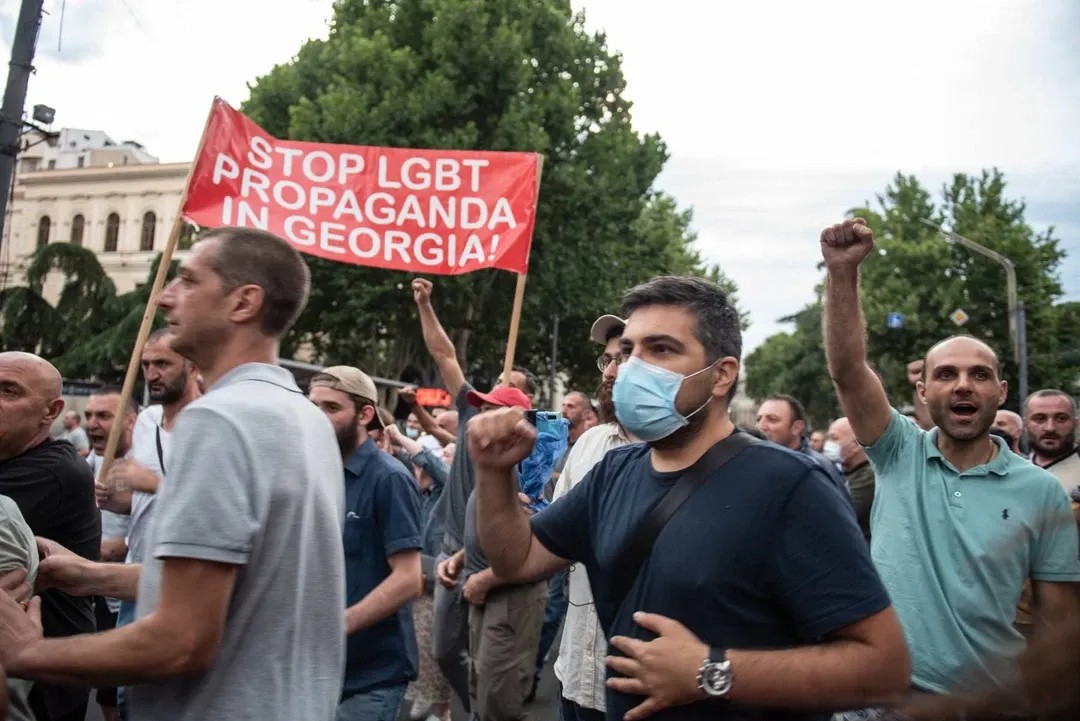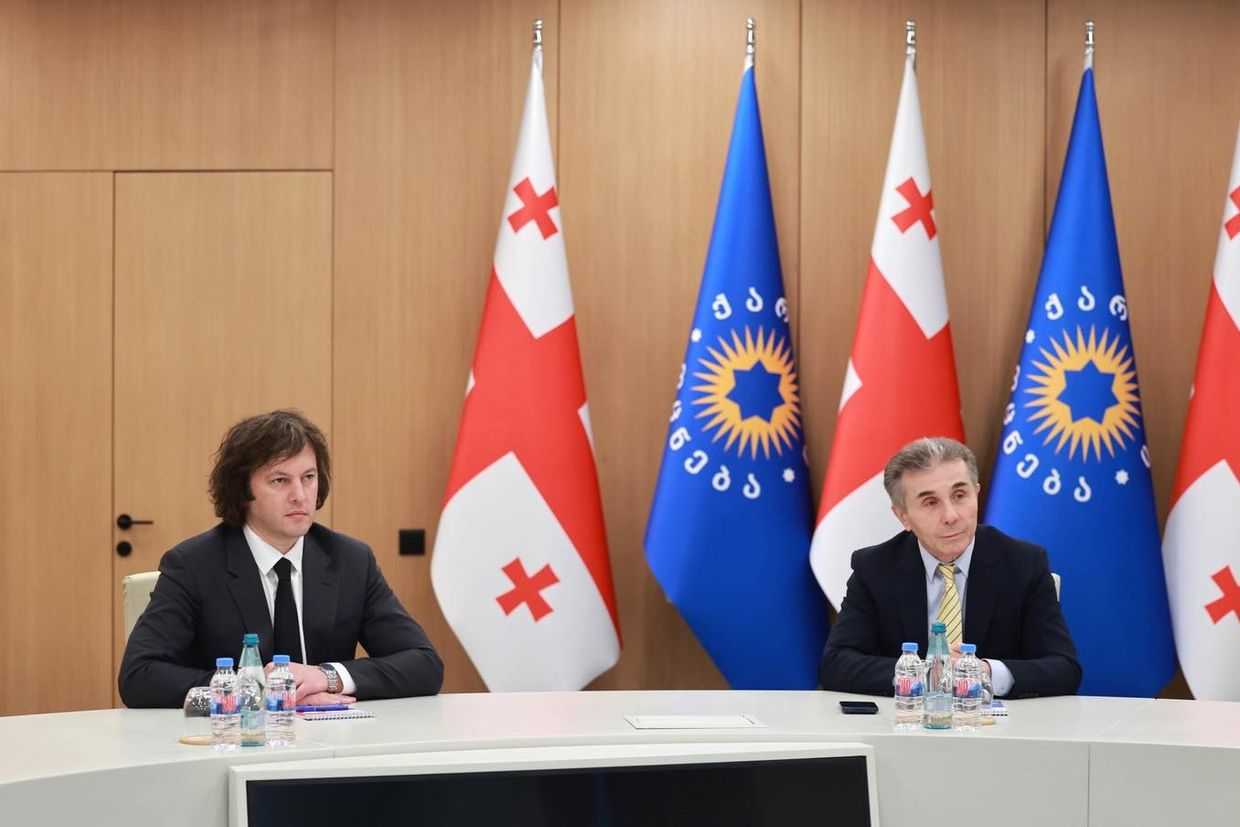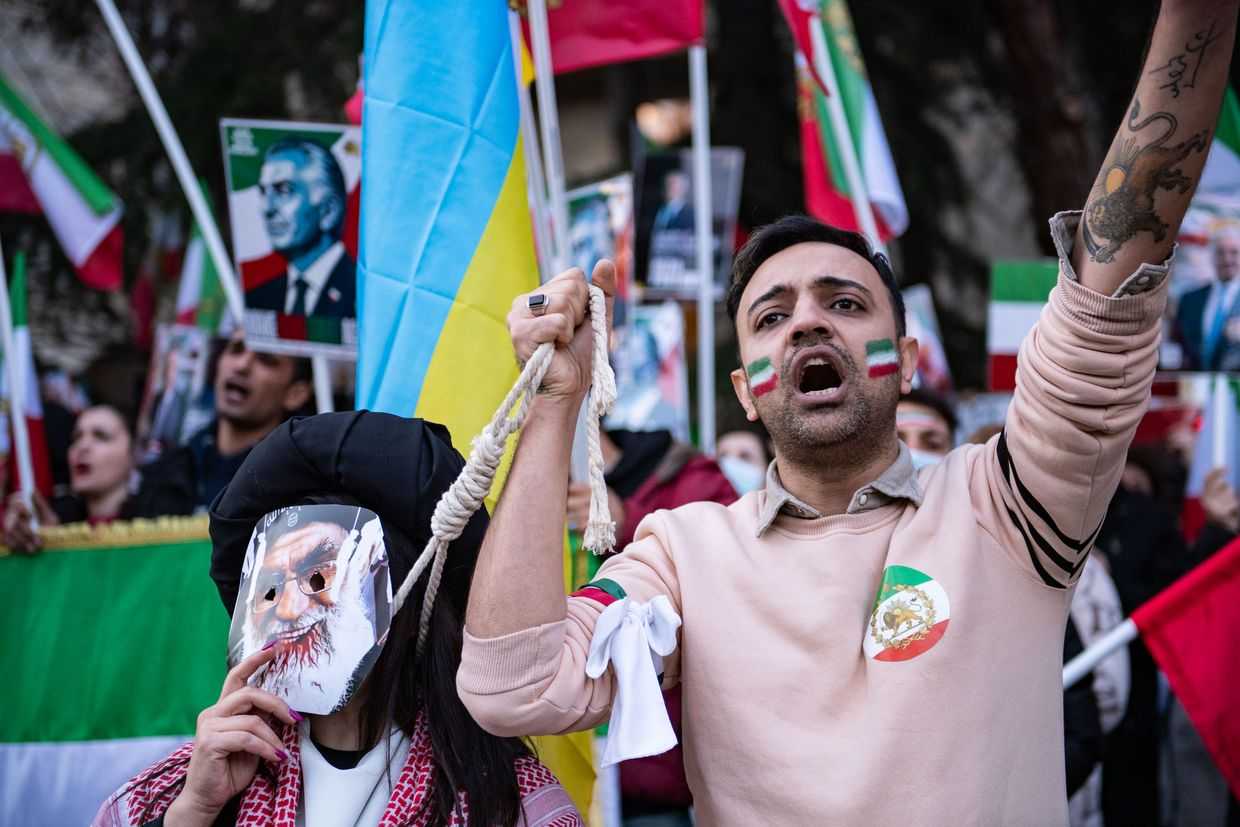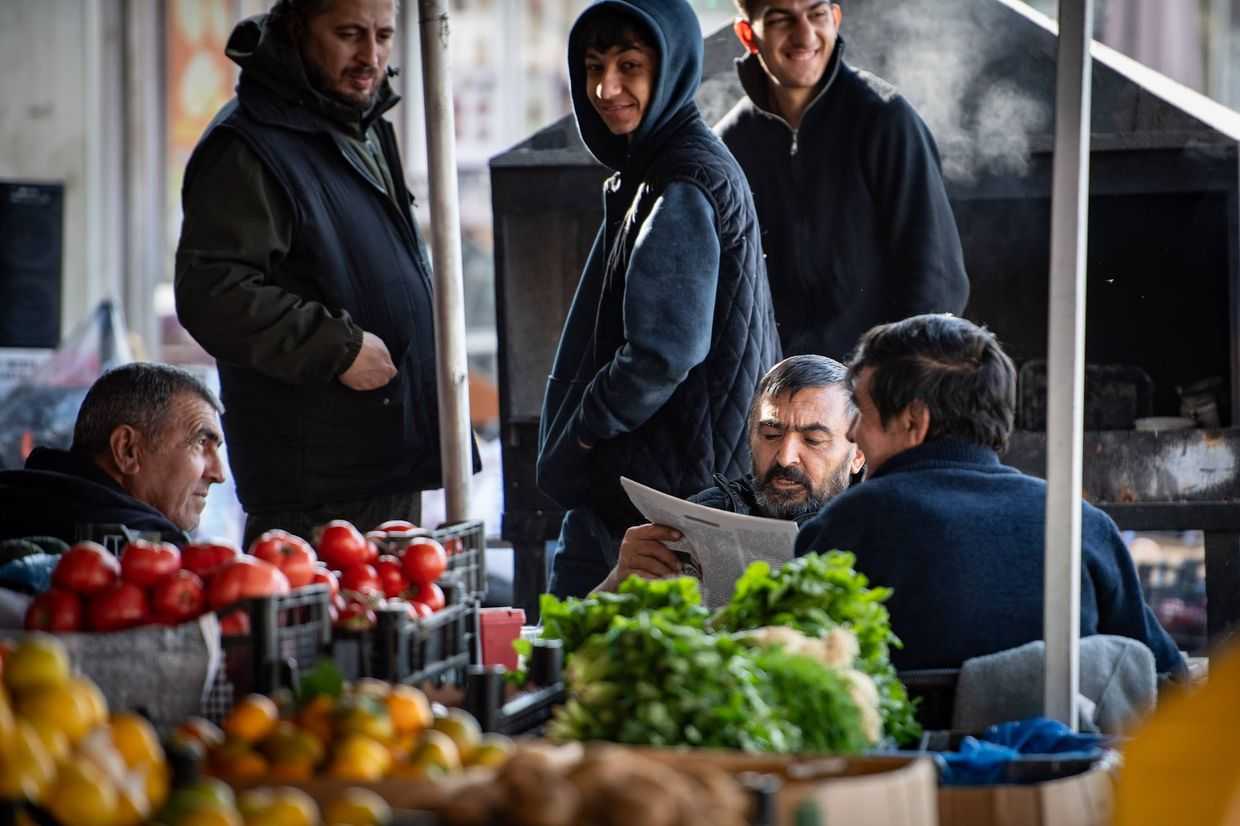
Georgian Dream MPs and their allies have registered a legislative package in parliament aiming to remove the term ‘gender’ and related concepts from Georgian law. They justified this move by claiming that the introduction of ‘gender’ into legislation was the result of foreign influence.
A group of 19 MPs from Georgian Dream and its satellite party, People’s Power — which claims to be part of the parliamentary opposition — has authored the package. The proposed amendments aim to modify 16 different laws in Georgia where the term ‘gender’ appears in any form.
According to the amendments, the name of the Law on Gender Equality will be changed to the Law on Equality of Woman and Man. Similarly, the term ‘gender identity’ will be removed from the Law on the Elimination of All Forms of Discrimination, listing in its first article grounds on which discrimination is prohibited. The anti-discrimination law was passed during the Georgian Dream rule in 2014.
Other laws will also be affected. For instance, the Law on Volunteering will no longer include gender-related issues among the areas it potentially covers. In the Law on Public Service, the clause establishing equality before the law will have ‘gender identity and expression’ removed.
This legislative initiative is part of the ruling party’s broader agenda, which it frames as a fight against foreign influence. The bill’s authors emphasise that ‘gender’ is an ‘artificial term’ introduced into Georgian legislation due to ‘active lobbying by foreign influence and their representatives’.
The authors further argued that this process mirrored ‘global processes’, citing the policies of the former US President Joe Biden as an example. As they claimed, after the election of Donald Trump it ‘became clear’ that ‘the promotion of this ideology’ was driven by a ‘pragmatic calculation of interfering in the internal affairs of other states and gaining influence over them’.
The proposed changes went beyond terminology. According to the draft law, the norms that mandate the establishment of a permanent Gender Equality Council in the parliament, as well as Gender Equality Councils in the supreme representative bodies of the autonomous republics and in municipalities, will be removed from the legislation.
The authors suggested the elimination of such councils could potentially reduce administrative costs. However, according to the draft law, after its adoption, instead of working on gender equality, efforts will focus on ‘promoting awareness of the equality of woman and man and empowering women’.
In recent years, the ruling party’s stance on diversity issues has become increasingly hostile, aligning with its repressive measures toward critics, independent media, and civil society.
Last year, after passing the controversial foreign agents law, Georgian Dream approved a homophobic legislative package, banning 'LGBT propaganda,' same-sex marriage, and gender-affirming medical treatment.
The ruling party and its affiliates justified the legislation by citing the protection of ‘family values and minors’, a narrative they also used against political opponents during the 2024 pre-election period.











